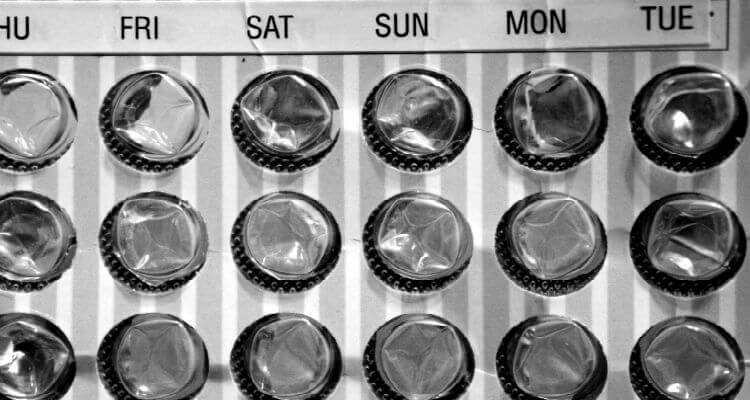New Type of Once-per-month Oral Contraceptive Successfully Tested
Positive results using pigs could eventually lead to human trials.

Researchers at the Massachusetts Institute of Technology (MIT) have announced the successful test of their new monthly oral contraceptive for women.
The results of this first trial, which involved using the new system on pigs, mean that the next stage, which would involve human volunteers, could begin in as little as five years.
An unfolding structure
The MIT system takes a unique and quite intriguing approach to how it deliverers its steady supply of birth control medication.
The core problem the MIT team faced wasn’t primarily how to consistently release the necessary chemicals so that they remain at a steady level over the period of a month; rather, it was how to prevent the user’s stomach from passing the doses from the stomach down to the intestines, where they wouldn’t be effective.
Their solution was to create something almost mechanical: the core of the system is a set of minuscule arms that, after their delivery capsule has been initially dissolved by stomach acid, then uncurl into a six-armed star.
This way, the system becomes too large to pass out of the stomach and yet not at all damaging to the contacting tissue.
Meanwhile, as time passes, the stomach acid eats away at the structure, which has been designed to break apart at a controlled rate so that enough of it containing the birth control medication remains to do its work.
Freedom from daily doses

“The goal here was to develop a discreet, non-invasive system that can provide long-acting oral contraception,” Giovanni Traverso, who was involved with the development of this new system, told New Scientist.
But Traverso doesn’t just see this new take on time-released medications as being solely limited to birth control. Rather, he and the team envision that, if testing continues to be successful, it could also be used to deliver medications for everything from HIV to malaria.
Focusing on birth control, though, he sees this system as particularly benefitting women in countries that may not have stable access to quality healthcare or a stable home environment. As a capsule would only have to be taken once a month there’d be no need for users to preserve and maintain a daily supply.
Though this first run of pig tests have given Traverso and the MIT team reason to be optimistic, there are still quite a few obstacles to overcome. A major one is how to keep the drug in the user’s system at the same consistent level throughout the month.
Other problems to overcome include how to build into the capsule the ability to handle natural variation from person to person, including the acidity of the stomach and hormone levels.
Another important step toward the future of contraception

This new MIT system joins an impressive array of potential delivery systems that in a few short years could become commonplace birth control options.
For example, we recently touched on a new once-per-month method from the Georgia Institute of Technology that, instead of using an oral capsule, utilized microscopic needles applied to the skin via an adhesive patch.
Those who are on the sperm side of fertility, meanwhile, have their own reasons to be optimistic. While there have been some ups and downs, exciting new technologies are emerging that would give them much greater options when it comes to contraception.
Freedom and control
More importantly, these new delivery systems—echoing Traverso’s comment above—could eventually be an easy and, best of all, effective method for those without stable access to healthcare-managed birth control.
This prospect is not necessarily limited to those living in countries with poor infrastructure or depressed economies, as these new approaches could also be a liberating and empowering experience for marginalized women everywhere.
This new option might even see the coming of a new sexual revolution as an evolutionary step-up from the already powerful impact of once-a-day birth control.
After all, it rocked the world quite a bit back in the 1960s, so who knows how a dose you only need to take monthly might shake things up for the better.
But even if this never manifests, the work being done by teams such as those from MIT could still change everything by giving women a powerful new birth control tool: one they only need to think about once per month.
Image sources: Monik Markus, Doctor 4U, The Javorac
Leave a reply
You must be logged in to post a comment.

















